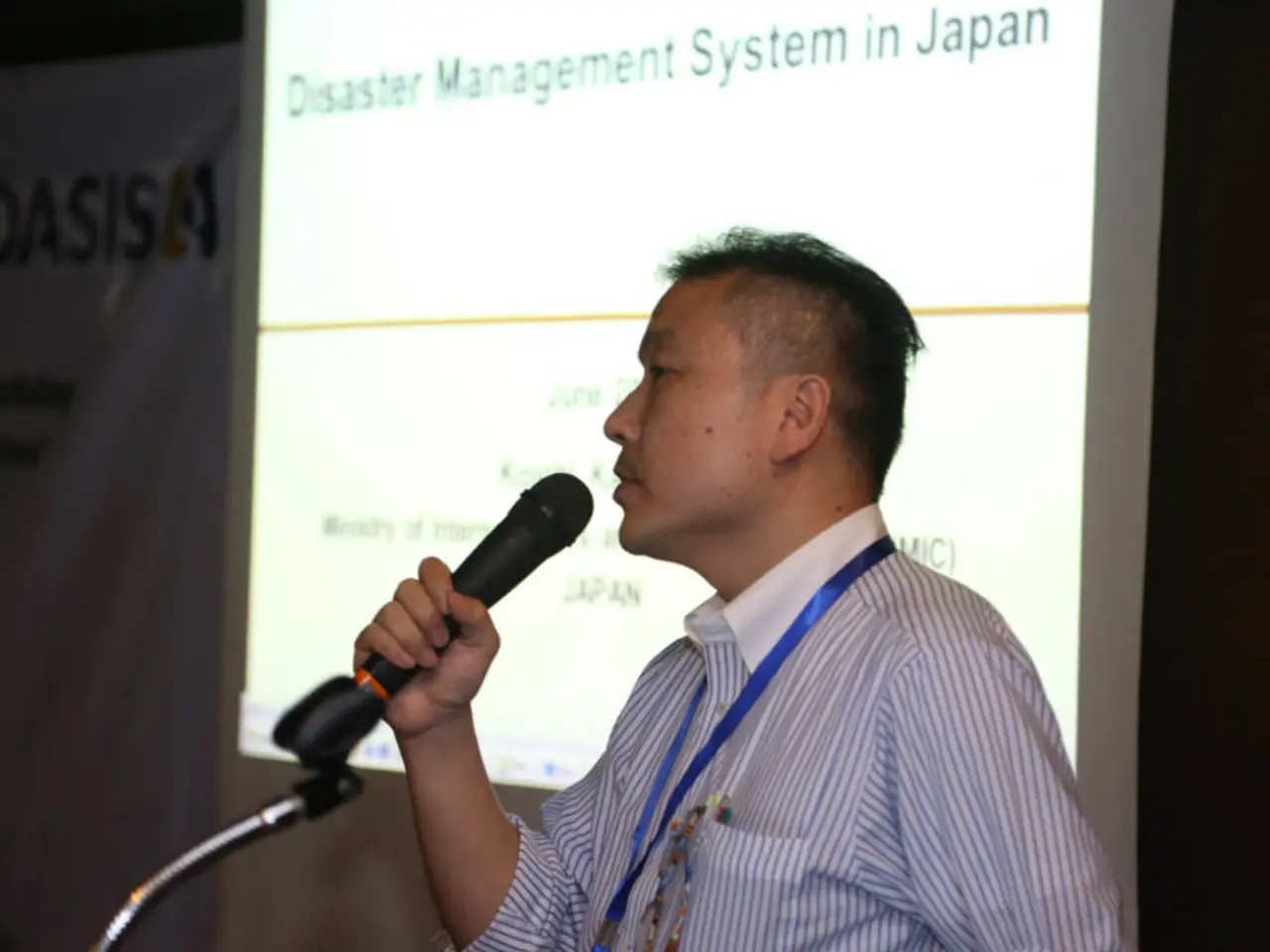Spain's popular pastime: Over 83.9% of adults aged 18 to 75 engage in gambling at least once a year
Spain's Thriving Gaming Industry: A Picture of Growth and Responsibility
In the heart of Europe, Spain's gaming industry is making waves, thanks to strategic partnerships, regulatory support, and technological innovation. The latest study by Spanish gaming industry association CeJuego, titled Juego y Sociedad 2023, offers a comprehensive look into the sector's growth and the trends shaping its future.
According to the study, the rate of problem gamblers in Spain is remarkably low, with less than 0.3% of the population falling into this category. This figure is significantly lower than the global average, a testament to the industry's commitment to responsible gaming. Moreover, 97.4% of problem gamblers in Spain also exhibit other psychological disorders, indicating a need for holistic approaches to mental health support.
José Antonio Gómez Yanéz, sociologist and lead author of the study, emphasized that the situation in Spain has been consistently positive for a long time. He highlighted that the rate of problematic gambling being one of the lowest in the world for 20 years, according to all national or regional studies.
The study also reveals that the gaming industry generates 1.7 billion euros in taxes and fees for the Spanish state treasury annually. Furthermore, it creates a total of 170,000 jobs, considering all companies directly and indirectly involved.
One of the key trends identified in the study is the rise of blockchain and Web 3.0 gaming. Spain is identified as a hub for blockchain gaming, supported by regulatory sandboxes and early-stage capital. The sector is moving towards sustainable, self-sufficient gaming economies, focused on compelling gameplay rather than speculative token models.
Major collaborations, such as between the Barcelona-based Peter & Sons and Luckia (a top Spanish gaming operator), reflect trends toward innovative, locally relevant content in regulated markets like Spain and Mexico. These partnerships help stimulate player engagement and contribute to economic performance.
Spain remains one of Europe's most dynamic regulated gaming markets, with companies like SYNOT Games expanding their local footprint through new integrations. The broader tech sector's rapid growth, including gaming, is supported by a flourishing digital economy, increasing investment, and a deepening talent pool.
Alejandro Landaluce, the general director of CeJuego, wants to defend the role of gambling as a normal leisure activity and cooperate with all actors to advance player protection through responsible measures. He emphasized that the situation in Spain has been consistently positive for a long time, with the rate of problematic gambling being one of the lowest in the world for 20 years, according to all national or regional studies.
It's worth noting that only 1.6% of the Spanish population participates in illegal gambling, a figure that underscores the effectiveness of regulatory measures. However, the risk of over-regulation of the gaming industry is a point of criticism, as seen in Germany.
In conclusion, the CeJuego "Juego y Sociedad 2023" study illustrates a maturing Spanish gaming industry marked by strategic partnerships, regulatory support, and technological innovation, driving substantial economic growth and positioning Spain as a key player in emerging fields like blockchain and metaverse gaming. The industry's commitment to responsible gaming and its significant economic contributions make it a vital part of Spain's thriving digital economy.
[1] Source: Blockchain Gaming Hubs: The Rise of Spain [2] Source: Peter & Sons and Luckia Announce Strategic Partnership [3] Source: SYNOT Games Expands Footprint in Spain [4] Source: Spain's Digital Economy: A Rapidly Growing Sector [5] Source: Digital Spain 2025: Boosting the Tech Talent Pool
What about the potential growth of finance and business in Spain's casino-and-gambling sector, given that blockchain and Web 3.0 gaming are on the rise and Spain is identified as a hub for blockchain gaming, supported by regulatory sandboxes and early-stage capital? Furthermore, considering the industry generates significant taxes and creates numerous jobs, could this sector also attract investors looking for profitable opportunities in the casino-and-gambling field?




